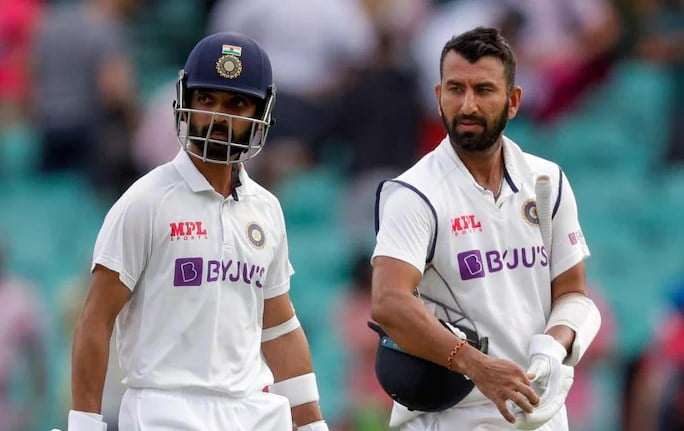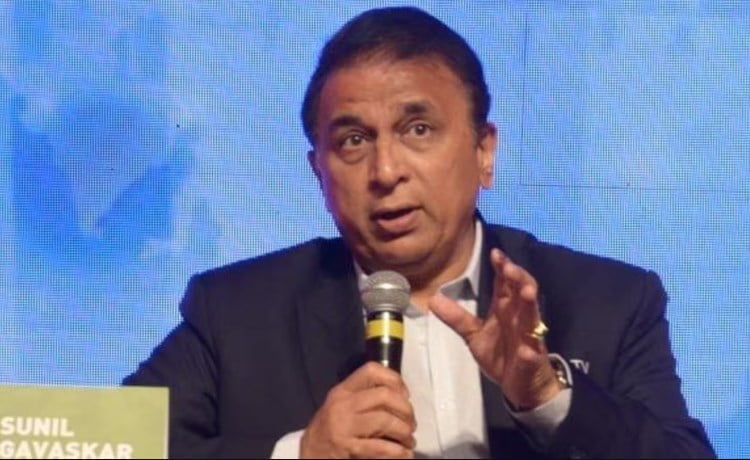Legendary Indian cricketer Sunil Gavaskar has voiced strong criticism of the increasingly aggressive mindset permeating Test cricket, attributing it as a key factor in India’s recent 3-0 series humiliation against New Zealand. He emphasized that such reckless play can have serious consequences, particularly in the longest format of the game.

Sunil Gavaskar pointed out that many modern batters, after facing a few dot balls, are tempted to shift momentum by going for big shots. “The real issue is the mindset where short boundaries and big bats lead players to think they can change the game with a single blow,” he explained. He highlighted the dangers of this approach, particularly with the red ball, which is known for swinging, seaming, and spinning.
“While this may work with the white ball, opting for an aggressive approach with the red ball can be perilous, especially for those who have just come to the crease,” he added.
ALSO READ: Former Umpire Weighs In On India A Ball-Tampering Controversy During Australia A Test
He stressed that Test cricket demands patience, especially on pitches that offer assistance to bowlers. However, he noted that many contemporary players seem to disregard this fundamental principle.

“Test cricket requires some patience, particularly on challenging pitches, but few modern batters seem to believe in that. There’s a prevailing mindset that insists on playing at breakneck speed, which neglects the importance of wearing down the bowlers or waiting for conditions to improve,” Sunil Gavaskar stated.
Sunil Gavaskar also lamented the exclusion of seasoned players like Cheteshwar Pujara and Ajinkya Rahane, who embody a more traditional approach to batting. He praised their ability to grind down bowling attacks, allowing more aggressive stroke-makers to capitalize on tired bowlers.
ALSO READ: Shikhar Dhawan On Rishabh Pant’s Remarkable Comeback Filled With Resilience
“That’s why Pujara and Rahane have no place in the current plans for the Indian team. Pujara’s ability to wear down the Australian attack was crucial, as was Rahane’s. Their steady play allowed others to exploit a fatigued attack,” he noted. Sunil Gavaskar concluded with a cautionary remark about the current trend, referencing England’s struggles when adopting a similar ultra-attacking approach. “Now there’s this idea of swinging hard like the English batters are doing and losing badly overseas,” he remarked, underscoring his concerns about the future of Indian cricket.
